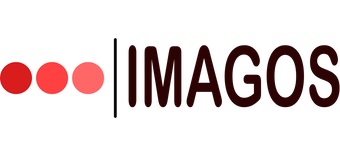Team Building
Teams are essential building blocks in any organization. Usually, however, their effectiveness is constrained by the inablity of their members to clarify their relationships in a skillful way. As a result, most teams stay far behind their potential, thus hampering the performance of the entire organisation. In this training, we introduce a model for optimizing team collaboration, against which participants can try out how well they work together as a team under conditions of competition. We take a close look at the various team development phases and team roles. Participants will get the opportunity to reflect on both the level of development as well as team roles in their own team, and tackle their individual team challenges through collegial practice counseling. In addition, participants will learn how to provide each other with deliberate feedback, so as to quickly move on to focus on task accomplishment.
Target Group
Executives who want to improve the performance of teams for whose results they bear responsibility or of which they are members.
Benefits of Training
Participants will learn how to steer teams, keep clear of unnecessary conflicts, and understand their own role in teams.
Learning Outcomes
- Participants know and understand a model for team development, learn the specifics of each team phase, reflect, in what stage their own team is, and work out meaningful action and behaviour for their own team in teamwork.
- Participants understand why feedback is of such great importance for teamwork and know how to give and receive deliberate feedback.
- Participants will learn the various team roles and know their respective properties.
- Participants recognize signals that indicate the absence of a vacant team role.
- Participants reflect which team roles are occupied by which employees in their team and which are not occupied (if applicable)
Seminar Methods
Lectures, learning through feedback and experiences of achievement, individual and group work, role-play, editing own practice cases. The seminar integrates participants’ real life work situations, in order to ensure the effective transfer of newly acquired skills and knowledge.
Materials
Participants receive additional information and details on the seminars, including practice worksheets.
Duration
Two days
